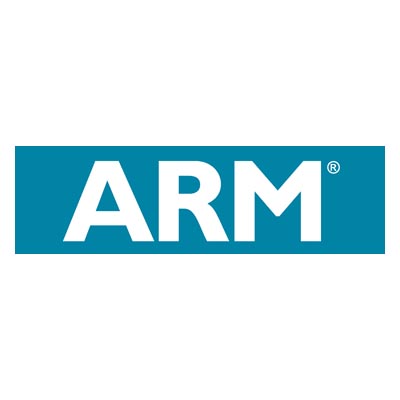 All I can say right now is wow. Having been a long time user of Firefox, it's been a while since I last used a different browser under Linux... well... because there really weren't any better alternatives for a long time.
All I can say right now is wow. Having been a long time user of Firefox, it's been a while since I last used a different browser under Linux... well... because there really weren't any better alternatives for a long time.However, since webkit-gtk has been stabilizing lately, I decided to check out a couple of alternative browsers that were mentioned in the Linux Browser Shootout - namely Midori and Epiphany. I already tried Chrome (Chromium) a while ago and was quite impressed. What I really liked about Chrome was a) that it was blazingly fast, and b) that it did a great job of importing my Firefox preferences and bookmarks. There are still a few other issues with Chrome though. For example, some Flash functionality does not work properly. I'm sure that will be sorted out eventually.
So anyway, on to the good stuff. Most people are familiar with Epiphany (formerly Galeon) when it used the Gecko rendering engine (from the Mozilla project). Epiphany is the official browser of the Gnome desktop, if I'm not mistaken. Back when it was based on Gecko, it was good but just seemed like a less featured version of Mozilla or Firefox. Ever since they changed the default rendering engine to WebKit, it has been blazingly fast. Epiphany still suffers from having too few preference settings for the 'advanced' user. Also, when in full screen mode (which I tend to use frequently while browsing on my EEE 701) there is an annoying button at the top-right that says 'Leave Fullscreen', and it doesn't go away (until you leave fullscreen), which becomes bothersome when trying to actually view / click something that is underneath the button. Epiphany accomplished its goal of providing a very simple and easy-to-use browser for the Gnome desktop, but it really lacks appeal for advanced users.
Next, I tried Midori - and was really impressed. Not only was it fast (using the webkit-gtk engine), but it also had a few more settings that Epiphany was missing. Furthermore, it didn't have an annoying 'Leave Fullscreen' button to get in the way of things. There are a couple of issues I've found with it still, such as random cursor placement in a text area after pressing End / Left / Right / Down, etc, but I'm sure those will get ironed out eventually too.
I'm actually writing this entry using Midori, and have to say that it's very responsive and feels extremely light-weight. There is practically zero load time when going through GMail or Slashdot. Considering the Midori project has had less time to reach maturity than either Firefox or Epiphany, and has had less manpower, I would have to give it the best review overall.
Now, I am a huge fan of Firefox - Mozilla and its contributions to the Linux community have been fantastic over the years - but I have to admit that the webkit-gtk engine will probably take the GNU/Linux Desktop Browser crown once mature whether that is in Chromium, Midori or (with little likelihood) Epiphany.


